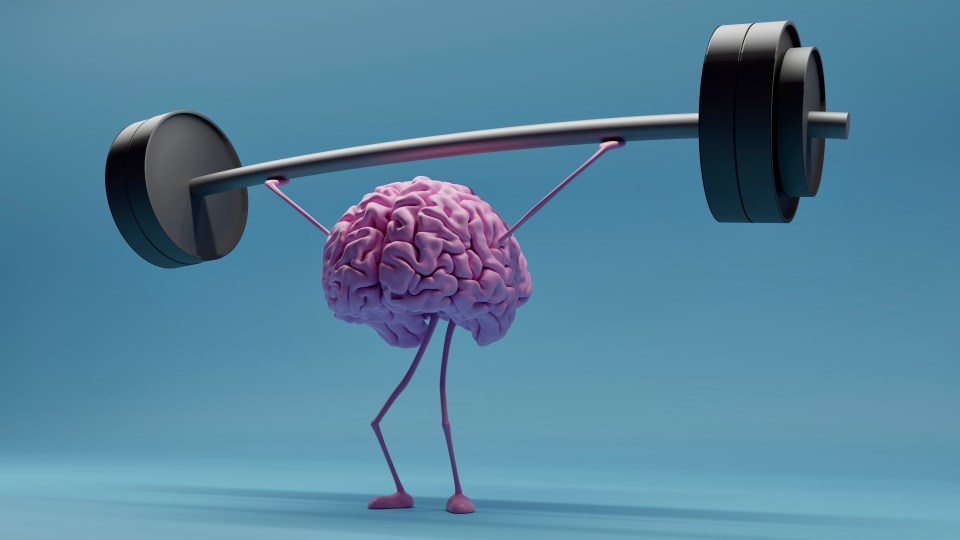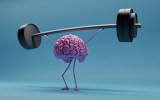


An innovative and relatively new training technique for elite athletes has proven to be an effective strategy in protecting and improving the lives of sedentary older people.
The technique is called ‘Brain endurance training’ (BET) – and it’s designed to solve the problem that mental fatigue impairs endurance exercise performance.
To that end, BET involves the systematic repetition of mentally-fatiguing cognitive tasks designed to build resilience to mental fatigue.
This is similar to how athletes and gym goers physically work to near exhaustion in order to build stamina.
In studies so far, with cyclists and footballers, participants have worked at these cognitive tasks during or after physical training.
The researchers found BET improved physical and mental endurance, including focus and decision making.
Significant benefits
But the benefits aren’t confined to people in their prime.
In older people, as a new study with sedentary older women demonstrates, BET can “improve attention and executive function (cognition), as well as physical endurance and resistance exercise performance”.
One significant benefit is improved balance control.
In cyclists or people working with weights, that poorer balance control leads to compromised performance, and greater susceptibility to potential injury.
In older people, mental and physical fatigue increases the risk of falls and accidents.
Corresponding author Professor Chris Ring is a researcher with the School of Sport, Exercise & Rehabilitation Sciences, University of Birmingham.
In a prepared statement, he said: “We have shown that BET could be an effective intervention to improve cognitive and physical performance in older adults, even when fatigued.
“This could have significant implications for improving healthspan in this population, including reducing the risk of falls and accidents.”
The new study
In the experiment, 24 healthy sedentary women aged between 65 and 78 were allocated to one of three training groups:
- Brain endurance training (BET)
- Exercise training
- And no training (control group).
The first two groups each completed three 45-minute exercise sessions per week over a period of eight weeks.
Each session included 20 minutes of resistance training and 25 minutes of endurance training.
Although the exercise sessions were the same for each of these groups, the BET group also completed a 20-minute cognitive task prior to exercising.
All three groups completed a series of cognitive (reaction time and colour-matching tests) and physical tests (walk, chair-stand and arm-curl tests) to assess performance at the start and end of the study.
The findings
Participants in the BET group outperformed the exercise-only group in the cognitive tasks, with a 7.8 per cent increase in cognitive performance after exercise, compared to a 4.5 per cent increase in the exercise-only group.
In terms of physical performance, the BET group achieved a 29.9 per cent improvement, compared to 22.4 per cent for the exercise-only group.
“BET is an effective countermeasure against mental fatigue and its detrimental effects on performance in older adults,” Ring added.
“While we still need to extend our research to include larger sample sizes including both men and women, these promising initial findings show we should do more to encourage older people to engage in BET to improve brain and body activities.”
BET was first trialled in 2016 with elite cyclists, in collaboration with University of Kent researchers, and the UK’s Ministry of Defence (MoD).
Obviously the British army sees the potential for boosting endurance in infantry soldiers.
Since that first trial, there has been a string of successful studies and the triggering of a BET buzz.










